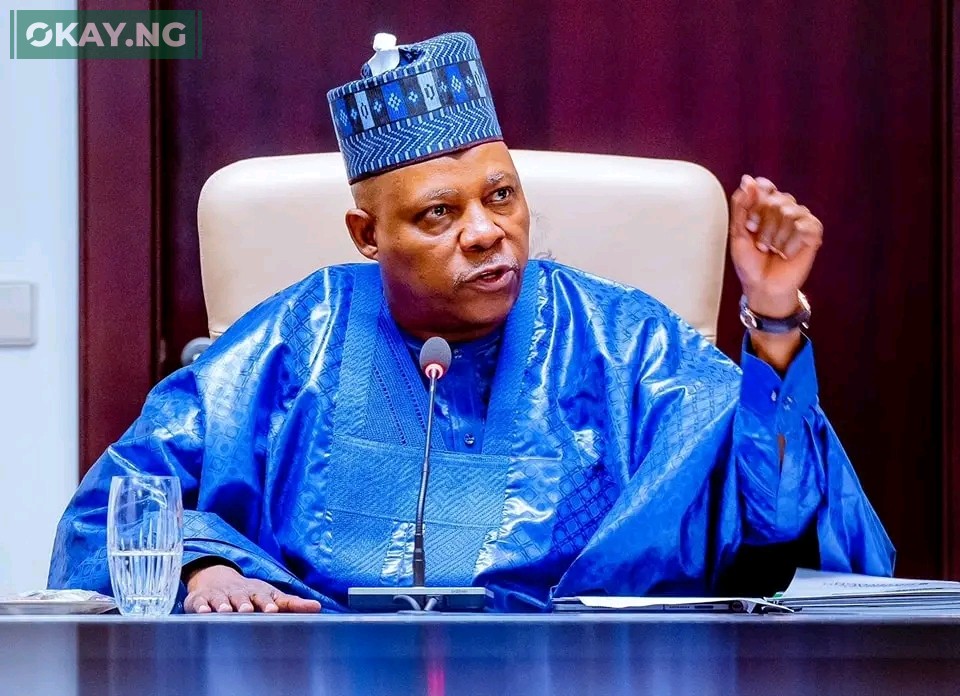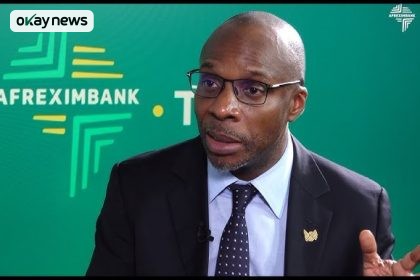Vice President Kashim Shettima has unveiled Nigeria’s $200 billion energy transition opportunity to global investors, positioning the country as the natural hub for the African Continental Free Trade Area’s $3.4 trillion market.
Speaking at a Business Council for International Understanding roundtable in New York on the sidelines of the UN General Assembly, Shettima said President Bola Tinubu’s reforms were reshaping the economy and attracting fresh investor interest.
According to a statement by his media aide, Stanley Nkwocha, the Vice President highlighted Nigeria’s demographic strength, with a population of 236 million projected to reach 320 million by 2040, and one of the world’s youngest and most dynamic talent pools. He also cited the country’s 44 natural resources, its five tech unicorns, and the continent’s largest oil and gas reserves.
Shettima noted that since mid-2023, Nigeria has unified exchange rates, removed fuel subsidies, modernised tax and customs systems, and overhauled trade policies. He said these measures, alongside AfCFTA implementation, have lifted GDP growth, boosted reserves, and moderated inflation.
“Fitch and Moody’s upgraded Nigeria’s credit ratings this year, reflecting improved buffers and clearer policy direction,” he stated.
The Vice President outlined a four-pillar incentives framework to cut investor risk, including a simplified tax regime with capital allowances, export-linked rebates, duty-free imports in Special Economic Zones, and updated bilateral investment treaties with capital repatriation guarantees.
He added that agro-industrial zones are already reducing post-harvest losses by up to 40 per cent, linking farmers to processing hubs and expanding Nigeria’s food system across West Africa.
On energy, Shettima emphasised that 210 trillion cubic feet of gas reserves and abundant solar resources provide a $200 billion transition market. He said fiscal incentives, VAT waivers, and investment in gas, off-grid solar, and clean hydrogen are positioning Nigeria for leadership in Africa’s energy future.
“With our location, resources and reforms, Nigeria is the natural hub for the AfCFTA’s $3.4 trillion market,” he told investors.







